The competitive Krunker scene thrives on precision, skill, and fair play. However, the integrity of this space has been increasingly challenged by players utilizing cheats such as colorbots, ESP (extra-sensory perception hacks), and other tools to gain an unfair advantage. While blatant cheats like rage hacking or spin-botting in public matches were once easy to detect, the rise of discreet cheating has made identifying and banning offenders significantly harder. This is where SlideHop Investigations steps in: a comprehensive and transparent review system designed to tackle the issue head-on.
The Problem: Evolving Cheating Tactics

Cheaters have grown more sophisticated, taking extreme measures to avoid detection. From using USB cleaners to scrub evidence to editing or altering video clips to make their gameplay appear legitimate, these players are testing the limits of what can be proven. This wave of subtle cheating poses a serious threat to Krunker’s competitive integrity, as players with questionable behavior often operate just below the radar, making accusations harder to substantiate.
The Need for a Transparent Process
The issue of false accusations and community backlash has highlighted the need for a systematic and transparent approach to handling suspected cheating. While Krunker’s community has been vocal about cracking down on cheaters, there’s an equally strong sentiment against unfair bans, especially when high-profile players or respected community members are involved. This is why SlideHop Investigations prioritizes transparency, evidence-based analysis, and clear communication throughout the review process.
Current Issues with Existing Inspection System
While the competitive Krunker scene has always sought to maintain fair play, the current system for investigating and banning cheaters has significant issues that undermine its effectiveness and credibility. SlideHop Investigations aims to address these shortcomings with a structured, unbiased, and transparent approach.
Lack of Transparency

The existing system often hides clips and their breakdowns for 30 days if not more both before and after issuing a ban, leaving players and the community in confusion (Clips are commonly leaked before that time expires but that is the current standard KPC operates on). Without access to the evidence or an explanation of the decisions, it’s challenging to foster trust in the process or ensure accountability.
Confirmation Bias and Professionalism Concerns
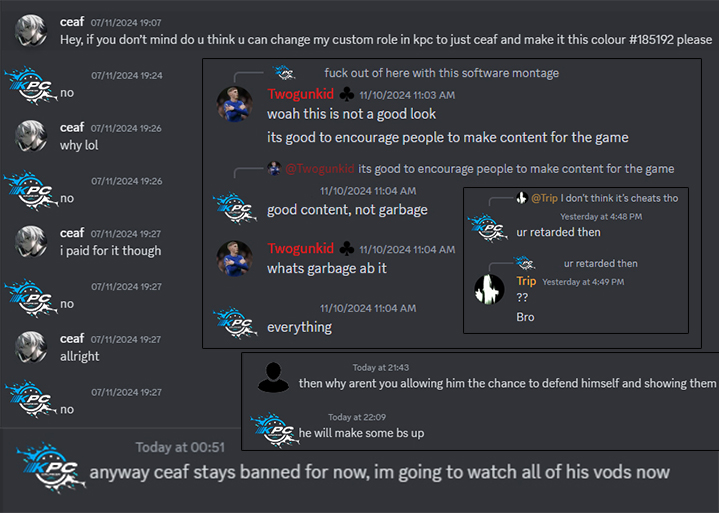
A significant flaw in the current system is the prevalence of confirmation bias, where staff members may approach an investigation with preconceived notions about a player cheating. This bias often leads to actively seeking evidence that aligns with their assumptions rather than conducting an impartial and thorough review of the facts. In some cases, this approach can unfairly target specific players based on personal biases or past reputations, undermining the fairness of the investigative process.
When accusations are handled this way, it creates an environment of mistrust and diminishes the credibility of the system. Players who feel unfairly targeted or treated with bias are more likely to push back against decisions, leading to community division and eroding confidence in the anti-cheat process. To build a stronger, fairer system, investigations must prioritize neutrality, focus solely on evidence, and avoid allowing personal opinions or assumptions to influence decisions. Transparency and professionalism are critical to overcoming these challenges and ensuring every player is treated with fairness and respect.
Inadequate Opportunity for Defense
Players accused of cheating currently lack a fair platform to defend themselves. There is no clear system to refute claims, review decisions, or provide evidence that could clear their name. This one-sided process leaves little room for accountability on the part of reviewers.
Unclear Punishment Guidelines
The inconsistency in ban durations adds to the frustration. Punishments fluctuate between short-term bans, long-term suspensions, and permanent bans without clear guidelines or justifications. This inconsistency causes confusion and undermines the integrity of the competitive scene.
Enhancing Review Process for Fairer Judgments
The current review process for investigating suspicious gameplay can benefit from incorporating a broader range of perspectives, including those of top-tier competitive players. These players possess an advanced understanding of high-level game sense and commonly pre-fired angles, which can help distinguish between legitimate skilled plays and suspicious behavior. By including more experienced voices in the review process, we can ensure more informed judgments, improve accuracy, and foster greater confidence in the system’s decisions.
The SlideHop Investigations Process
- Collection of Evidence:
Suspicious clips are collected from competitive matches or pickup games. These clips often highlight moments of inhuman reaction speed, suspicious tracking, or consistently impossible aiming movements. Each clip is timestamped and contextualized to establish a pattern of questionable behavior. - Technical Analysis and Breakdown:
Each clip undergoes a detailed analysis, including frame-by-frame playback, movement tracking, and comparisons to known cheat patterns. Observations are paired with top competitive insight to discern whether the behavior is the result of skill, luck, or potential assistance from cheats. - Player Response and Explanation:
The accused player is given an opportunity to provide an explanation or rebuttal, adding context to the suspicious clips. This could include discussing unusual in-game settings, providing unaltered POV footage, or addressing any unusual circumstances during the match. - Inspection and Competitive Input:
To ensure fairness, the evidence is reviewed by a panel of trusted community members, top experienced players, and PC inspectors. This step allows for multiple perspectives before any conclusions are drawn. - Final Assessment:
Once all evidence and input are reviewed, a general assessment of the player’s actions is made. The decision to pursue further action (such as a temporary or permanent ban) is based on a thorough and unbiased review, ensuring minimal errors and maximum transparency.
Transparency Through Publicly Shared Information
Publicly sharing the findings and evidence from investigations is a pivotal step toward improving transparency and trust within Krunker’s competitive community. By providing access to suspicious clips, detailed analyses, and the player’s explanations, the entire community can clearly see how decisions are made. This level of openness reduces confusion and backlash by eliminating speculation and ensuring all information is available for review.
Being this thorough in presenting evidence not only boosts community confidence in the system but also allows reviewers to make more accurate and well-informed decisions. With everything laid out transparently, we can be more confident that bans are fair and justified, minimizing the risk of errors and ensuring integrity in competitive play. This approach significantly improves the current system, fostering a stronger sense of trust, fairness, and accountability throughout the Krunker community.








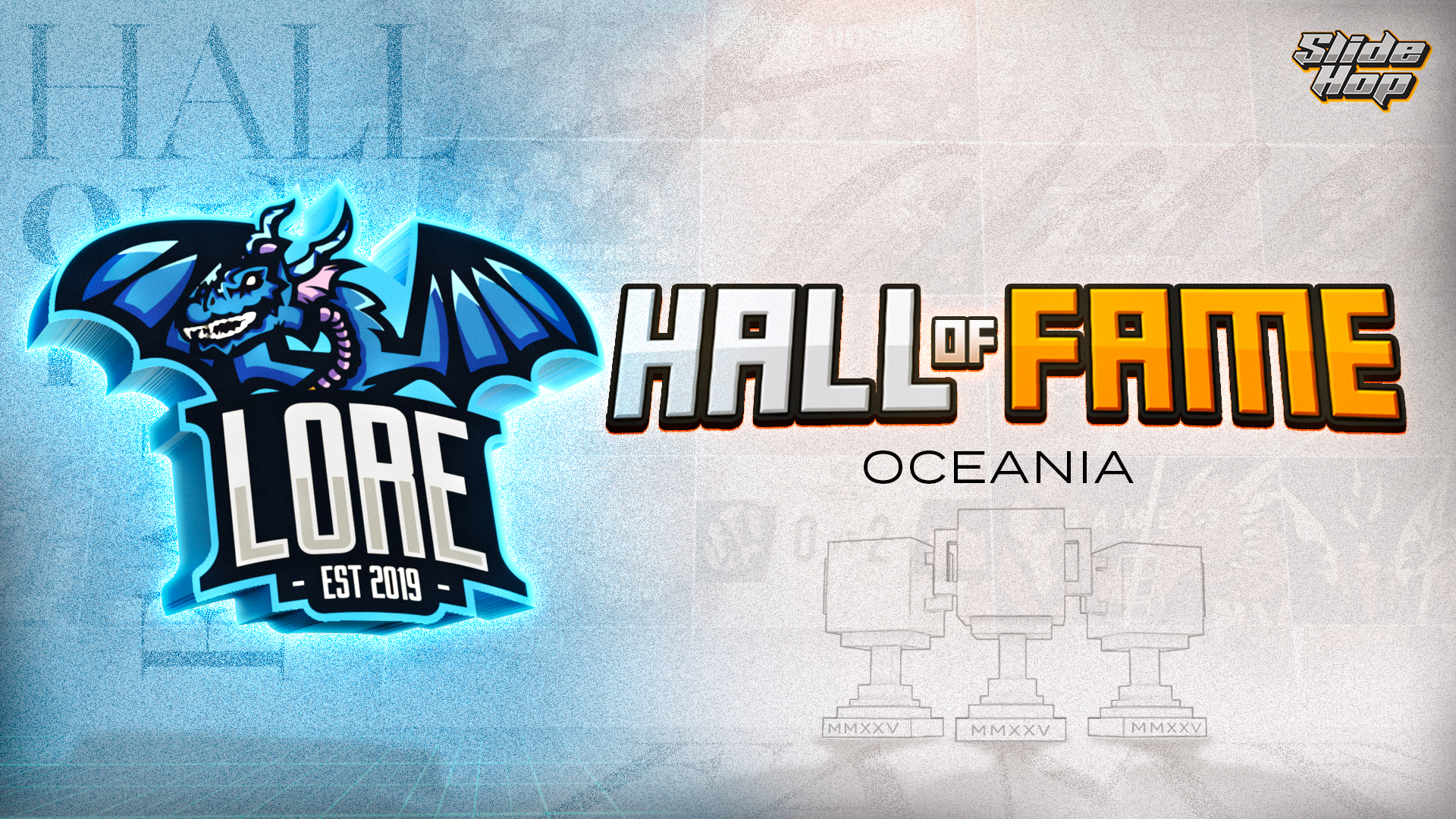
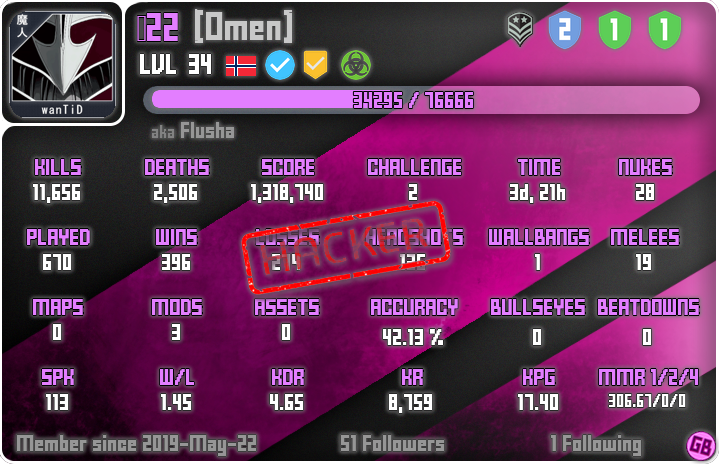

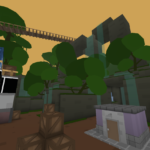
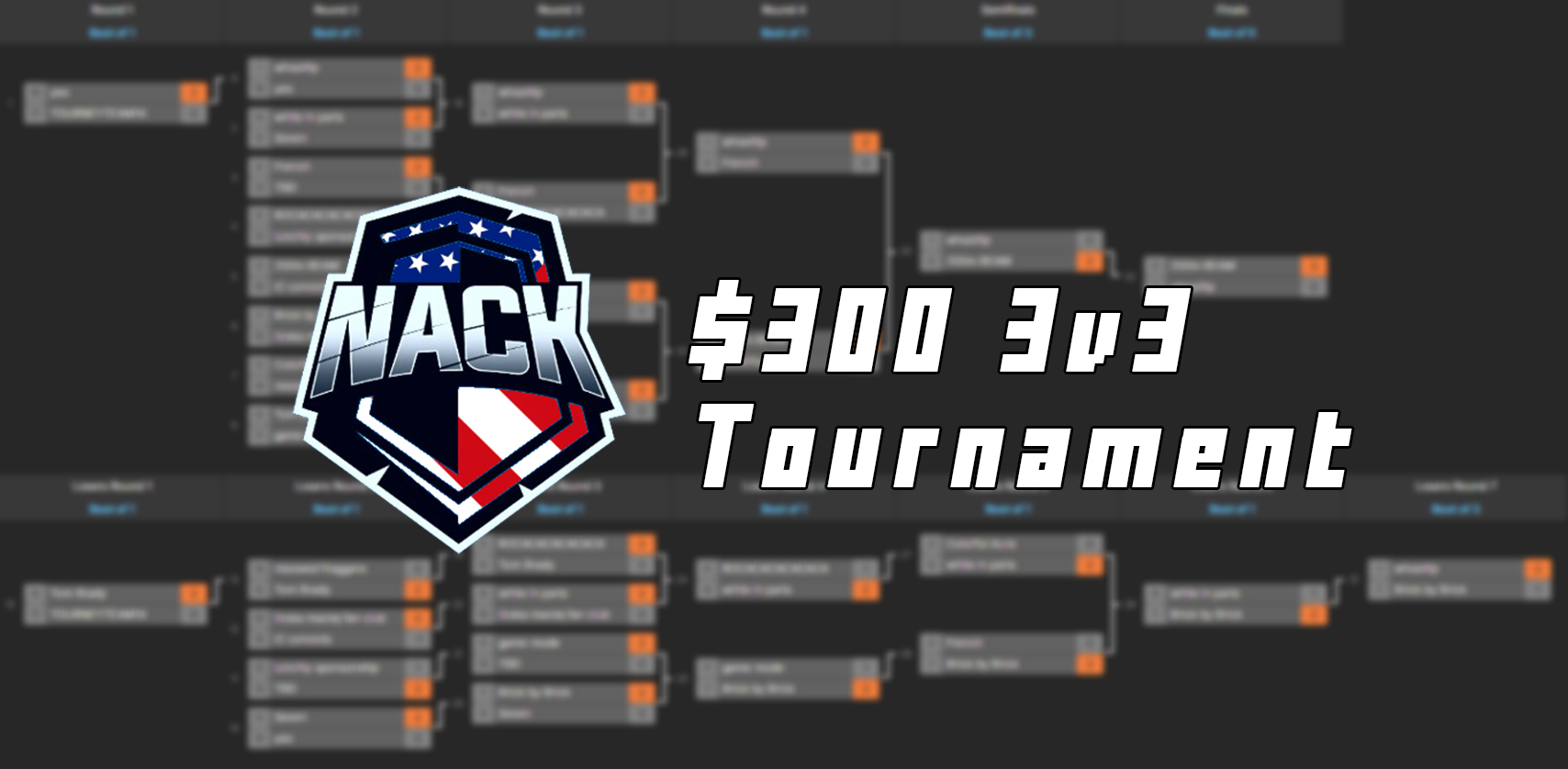

Flipbait
November 13, 2024Damn